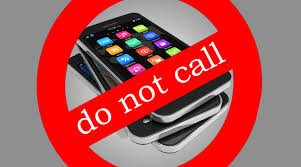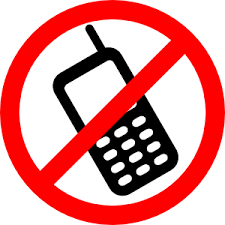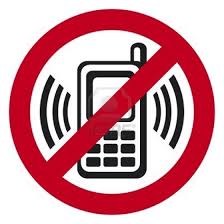 At the end of February 2013, the Middle District, Tampa Division of the U.S. Bankruptcy Court announced an amended Uniform Chapter 13 Plan would have a new choice for debtors. Debtors can now choose whether they want property of the estate to vest in the Debtor’s name upon confirmation of the plan, or they can choose to wait until discharge or dismissal.
At the end of February 2013, the Middle District, Tampa Division of the U.S. Bankruptcy Court announced an amended Uniform Chapter 13 Plan would have a new choice for debtors. Debtors can now choose whether they want property of the estate to vest in the Debtor’s name upon confirmation of the plan, or they can choose to wait until discharge or dismissal.
Ok, so what does this really mean? I would easily bet that most debtors do not know what option is best for them in their particular situtation. I imagine that the volume bankruptcy mills don’t care even if they do know. After all I get several emails/calls a month from debtors who hired a mill who got things wrong or won’t return phone calls. They’ve been forced to google for the answer and came up with my blogs. Sorry, you get what you pay for, but that’s another story for another day.We refer to this quandry about vesting as a Section 1306 vs.1327 question. Under Section 1306, vesting occurs at the discharge. Under Section 1327, it occurs much earlier at confirmation of the plan. An Eleventh Circuit case from July 2000, Telfair v. First Union Mortgage Corp., 216 F.3d 1333 (11th Cir. 2000) pointed out a perfect example of why a bankrupt debtor may want to leave jurisdiction over property with the bankruptcy court until discharge. In that case, the mortgage company began to apply post-petition mortgage payments to its attorney’s fees and costs of curing a default after confirmation. First Union forceplaced insurance not with the prior insurance company used by the debtor, but rather with its own subsidiary at considerable additional expense and hefty fees to First Union. No approval of the bankruptcy court was needed since the plan had allowed the property to re-vest with the debtor. As the debtor owed less on the the property than what was owed, this was a pretty sneaky way to relieve the debtor of years of built up equity.
As a consumer advocate and Max Gardner bootcamper, we highly recommend that Debtors take advantage of the protections afforded by the bankruptcy court and choose to vest property to the debtor at the time of discharge or dismissal (the end of the case) and not the far earlier date of confirmation which occurs very early in the case.
 In Florida, the right to revoke calls to a consumer’s cell phone is alive and well. Debt collectors who continue to call these cell phones after being told not to are exposing their companies to damages of up to $1,500 per call. That adds up quick.
In Florida, the right to revoke calls to a consumer’s cell phone is alive and well. Debt collectors who continue to call these cell phones after being told not to are exposing their companies to damages of up to $1,500 per call. That adds up quick. Reboot Your Life: Tampa Student Loan and Bankruptcy Attorney Blog
Reboot Your Life: Tampa Student Loan and Bankruptcy Attorney Blog


 Bankruptcy filings are down substantially in 2014 to only 910,090 which is the lowest number since 2007. Yet at the same time, people are still losing their homes especially in Florida, wages are flat or down and the cost of living continues to rise other than gas which isn’t too bad).
Bankruptcy filings are down substantially in 2014 to only 910,090 which is the lowest number since 2007. Yet at the same time, people are still losing their homes especially in Florida, wages are flat or down and the cost of living continues to rise other than gas which isn’t too bad). Revocation of Consent
Revocation of Consent  Many of our Tampa Bay, Florida clients facing foreclosure want to speak with their mortgage company and reach some kind of agreement for a loan mod, deed in lieu, cash for keys or short sale. Many do not. They’ve been there and done that and no longer want to receive in some cases hundreds of calls from a mortgage company.
Many of our Tampa Bay, Florida clients facing foreclosure want to speak with their mortgage company and reach some kind of agreement for a loan mod, deed in lieu, cash for keys or short sale. Many do not. They’ve been there and done that and no longer want to receive in some cases hundreds of calls from a mortgage company. A three judge panel
A three judge panel  At the end of February 2013, the Middle District, Tampa Division of the U.S. Bankruptcy Court
At the end of February 2013, the Middle District, Tampa Division of the U.S. Bankruptcy Court  Don’t be fleeced by debt collectors. You have protections. In Florida, we have the Florida Consumer Collection Practices Act and the Fair Debt Collections Practices Act available to our clients.
Don’t be fleeced by debt collectors. You have protections. In Florida, we have the Florida Consumer Collection Practices Act and the Fair Debt Collections Practices Act available to our clients.